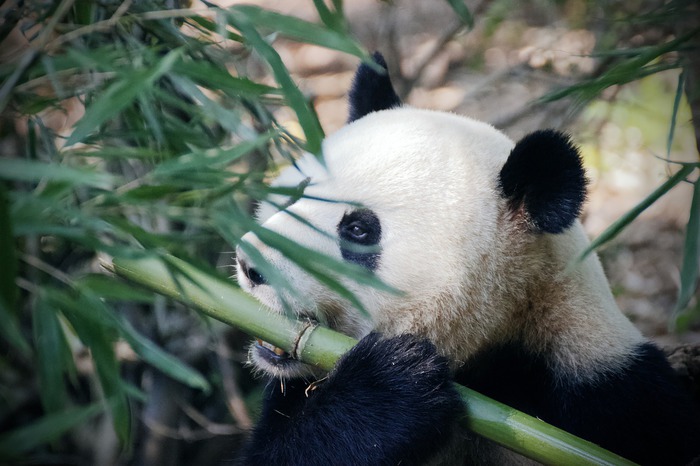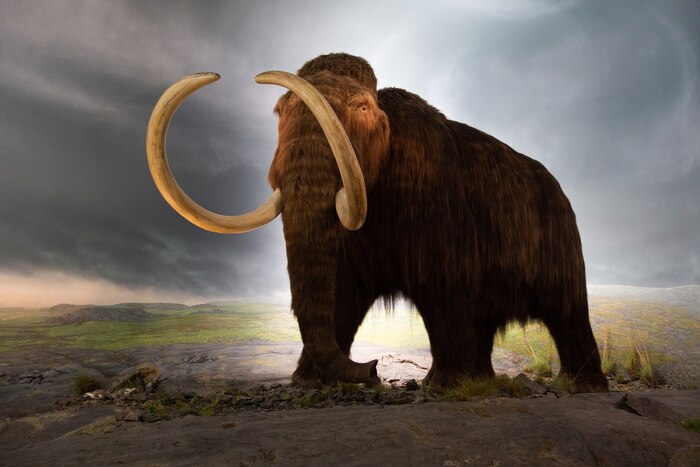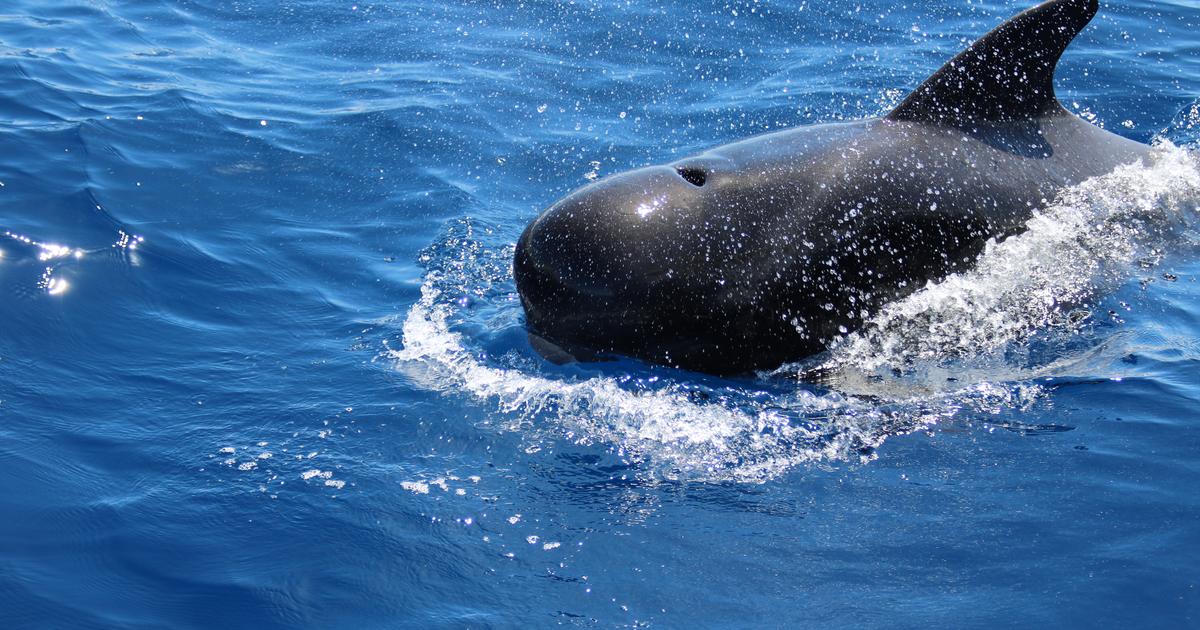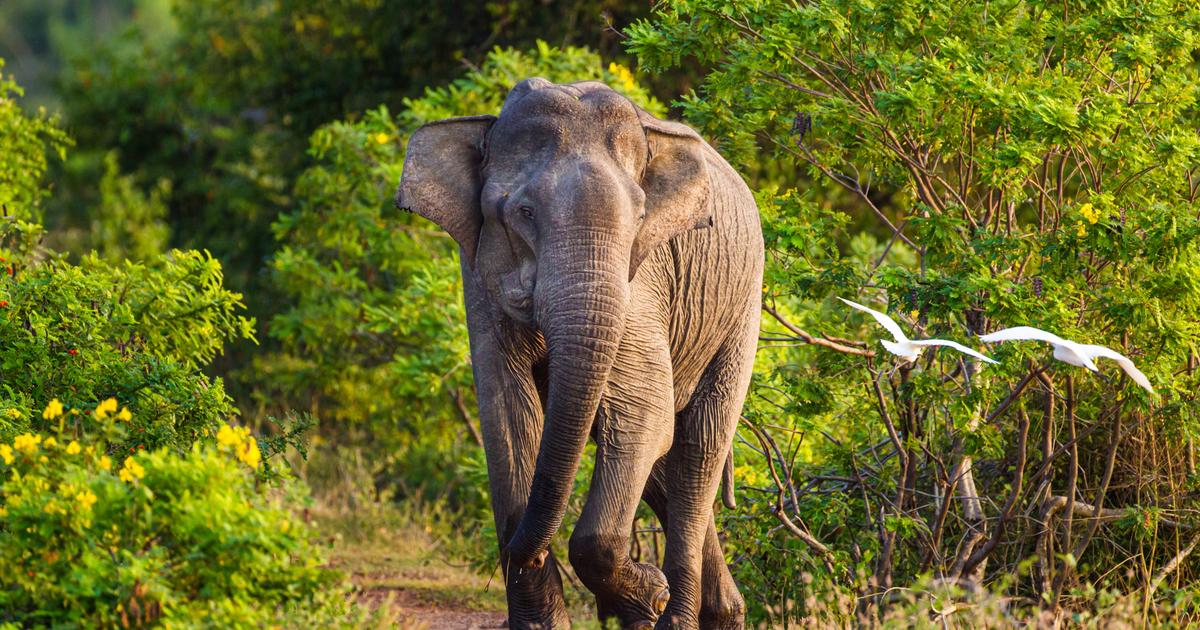Transplantation of sperm progenitor cells could become a new tool for the selection of farm animals and the protection of endangered species.
To approach this goal is the technique that copies and pastes the DNA, the Crispr-Cas9, which allows for the first time to obtain a male specimen suitable for receiving testicular stem cells from a donor.
The first tests on mice, pigs, sheep and cattle show that cell transplantation takes root and leads to the development of spermatozoa: in mice it even makes natural reproduction possible with the generation of offspring.
The results are published in the journal of the American Academy of Sciences (PNAS) in an international study that has as its first author the Italian Michela Ciccarelli of the University of Washington and which was conducted in collaboration with the British Roslin Institute, the same where Dolly the sheep was born.
In fact, this technique "could prove to be an alternative to cloning", comments Cesare Galli, founder and director of Avantea, a laboratory of advanced technologies for animal reproduction and biotechnological research.
"We have been working on the transplantation of progenitor cells of spermatozoa for years, but the difficulty lies in making the recipient specimen sterile: up to now, various solutions have been tried, such as radiation or the use of substances, but never achieved the complete elimination of germ cells to ensure that the final spermatozoa were identical to those of the donor ".
This time the researchers succeeded by using the Crispr-Cas9 technique to deactivate the Nanos2 gene: in this way they obtained male specimens without germ cells but with intact testicles and suitable for receiving donor cells.
"This opens up the fascinating possibility of generating 'super dad' bulls that can be used to disseminate desired genetic characteristics in the world's cattle populations," the study authors write.
There is also the possibility of creating super seed producing males to save endangered species.
"In that case, however - underlines Galli, who has been involved in the recovery of the white rhino for years - it would be necessary to demonstrate that the transplantation of progenitor cells of spermatozoa can take place between different species, in order to use an easily manageable animal species as an incubator".














